Valorant esports circuit, explained
Competitive Valorant is the new hotness in esports, a credit to Riot Games’ efforts to aggressively build up a whole new ecosystem for their original first-person shooter and its elite-level players.


BTC: $ 84548.62 (-0.14%)

ETH: $ 1590.2 (-0.41%)

LTC: $ 75.83 (1.07%)

DOGE: $ 0.1558 (-0.32%)
Share
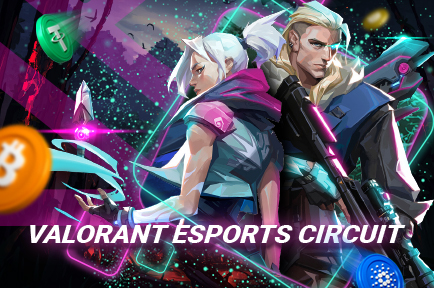
Competitive Valorant is the new hotness in esports, a credit to Riot Games’ efforts to aggressively build up a whole new ecosystem for their original first-person shooter and its elite-level players.
Molded much in the vein of the League of Legends circuit, it features a complicated multi-tiered tournament structure, a mostly closed franchise league, and some really, really, really stupidly named events. While it can be almost indecipherable for a casual viewer or a brand-new observer, believe me: We can get there and gain a good understanding of how Valorant esports is organized and how a good player can get from the bottom to the top.
Here’s everything you always wanted to know about Valorant tournaments (but was too afraid to ask).
Betting on Valorant esports has never been more fun with the new and improved tournament structure and a long-term system in place for players and storylines to develop. All that’s needed now is an excellent platform where you can bet on all the important Valorant matches, with pre-match and in-play odds, perhaps with a variety of other exciting features, too…
Hint: there is one, and it starts with B and ends with itsler.
Bitsler is the best place for Valorant esports betting, no matter whether you’re a newcomer or a longtime fan. Streaming, cashout, a carefully designed and streamlined crypto betting experience – a unified wallet for all deposits with over twenty different kinds of cryptocurrencies accepted – and some of the best bonus offers and exciting games you will find anywhere online.
Create an account today and start climbing the ranks!
After two years of test runs and third-party beta events during the “open qualifier era” of 2021 and 2022, Riot unveiled their own, tightly controlled version of a competitive Valorant circuit, the Valorant Champions Tour, or VCT for short, which is very much modeled after the way they manage and organize the esports aspect of their other big title, League of Legends.
Going forward, the main season of competitive play will feature three regional leagues: EMEA (meaning Europe, the Middle East, and Africa all bundled into one), Americas, and Pacific. Each competition features 10 partnered (AKA franchised) teams with permanent spots for the next five years, with the deals running until 2027.
The league competitions will continue to expand year after year, as non-partnered teams can earn the opportunity to temporarily join the big boys in the big leagues. Teams can qualify for the international leagues by winning their minor regional Challengers League, which qualifies them for the region’s Ascension tournament. The winner of each region’s Ascension tournament earns themselves two years in their main international league. This way, the original 30-team roster from 2023 will ultimately expand to 42 in total by 2028, according to Riot’s current plans and timeline.
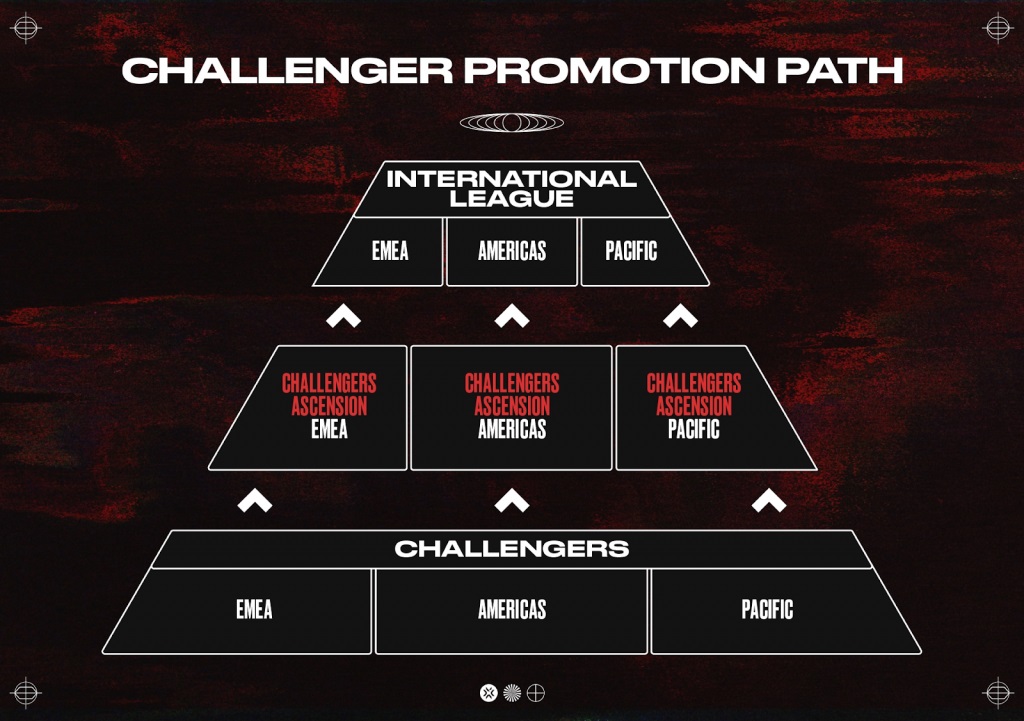
2024 onwards, there will be a standalone Chinese league called the China Evolution Series, which seeds and feeds teams and players into international competitions much in the same way the three main international leagues do.
The league results feed into international LAN events, again, much like the way League of Legends esports features the Mid-Season Invitational and Worlds. Here, these events are known as Valorant Masters and Valorant Champions, respectively. Teams can either qualify by strong league performances or by winning the last chance qualifiers.
The 2023 season began with a separate international event called LOCK//IN (seriously, what is with these names), which offered an extra last chance qualifier slot to whichever league’s team ended up winning the event – in this case, the EMEA League, following Fnatic’s triumph. The 2024 season will feature two Masters events instead.
Valorant esports also includes a separate competitive space for women and marginalized genders, called Game Changers, featuring its own interregional tournament circuit and a global LAN final at the end of the year.
There are also the occasional off-season events, styled as OFF//SEASON Events (why are you doing this, Riot, please stop), which are smaller third-party tournaments organized in partnership with the developers that take place between the official seasons. Examples include the Ludwig x Tarik Invitational and the Spike Drop Heist.
Yes, this is a stated goal of Valorant’s developers. More often than not, the best players in the world have to find avenues beyond the in-game ladder to get into serious competition, be it third-party platforms or separately arranged team scrims, even perhaps small-scale LAN events to get started. Riot’s goal is to ensure that strong performances in the online games can directly translate into competitive esports opportunities, as stated in their announcement post of the new system:
“We want to create a seamless connection between VALORANT and the VCT at a global scale through a bridge of make-or-break moments where the lowest ranked Challenger teams have to defend their place against the newest batch of online superstars.”
The stated aim is to allow the best-performing teams in the game to have an opportunity to directly qualify for Challengers in the future. The proof is in the pudding, and we will likely have to wait until 2024 and beyond to see how this all shakes out in practice.
Franchised teams in competitive Valorant have permanent spots in the top-level league competitions for the next five years. In this sense, the system is almost identical to Riot’s other big esport, League of Legends, with the caveat that there are a few spots temporarily open on merit to other teams and players.
Franchised teams form the majority of the participants in all three of the big regional leagues. Here’s who they are:
The first Valorant Ascension tournaments were won by Gentle Mates in EMEA, Bleed eSports in the Pacific, and… well, technically, G2 Esports in the Americas, though that one requires a bit of explaining.
You see, the team that won the competition was originally competing under The Guard’s banner, but the org failed to come to an agreement with Riot and hasn’t signed the team participation agreement “after several months and rounds of communication,” per an official statement from the league, so they forfeited the spot.
Initially, Riot wanted to run the VCT Americas 2024 season with just the ten franchised teams, but after much community uproar, G2 signed up four out of the five members of the squad and therefore earned themselves the opportunity to compete in the league – an interesting coda to the controversy, especially as G2 originally missed out on a franchise spot due to controversial statements of their ex-CEO, Carlos “ocelote” Rodríguez.
If you’re wondering what happened to the fifth player of the Ascension-winning Guard squad, don’t worry: Ian "tex" Botsch was signed up by Leviatán, one of the franchised teams, just a few weeks after G2’s swoop.
With yearly changes, odd tournament names, standalone competitions, and the occasional controversy, Valorant esports can be tough to wrap your head around. Once you do, though, there’s no turning back: it’s an exciting ecosystem revolving around a fantastic game, with incredible storylines and adrenaline-pumping action in the server that’s a pleasure to watch and to bet on.We hope you now have a better idea of what Valorant esports is and what each tournament means to players and fans. There has never been a better opportunity to get in on the Valorant betting action than today – so check the tournament calendar to see what’s coming up next!
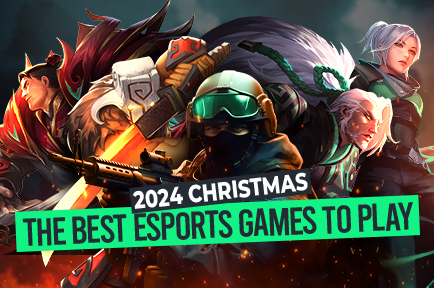

Esports
December 30, 2024
These are the best esports games to try in the holidays and in 2025
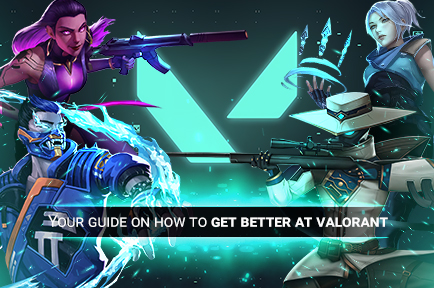

Esports
December 12, 2024
How to get better at VALORANT, explained: top gaming tips to improve at Riot’s tactical FPS
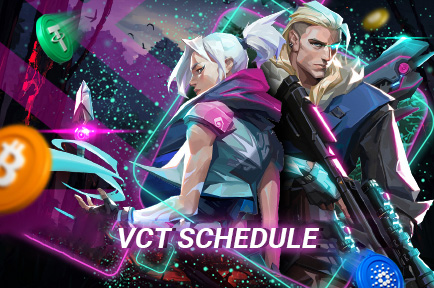

Esports
April 09, 2024
Valorant esports circuit and VCT schedule, explained
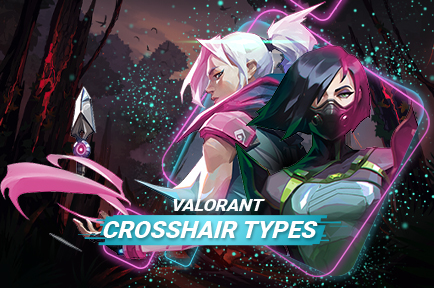

Esports
January 11, 2024
The best Valorant crosshair settings and codes
The future of gaming is here, we are the number one bitcoin casino. Our range of casino-slots consistently make the top ten across the bitcoin casino world. Bitcoin gambling has seen a rise in popularity through 2017 and 2018, we are at the forefront of cryptocurrency gaming, providing a fun, fast and fair experience for the bitcoin gambling enthusiast.
